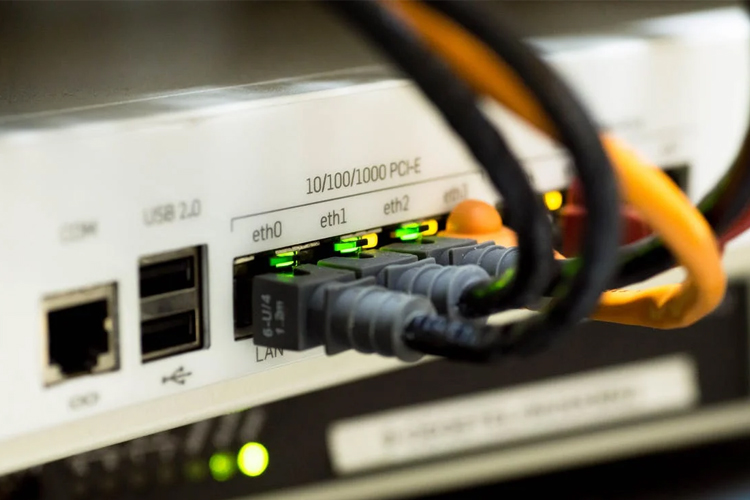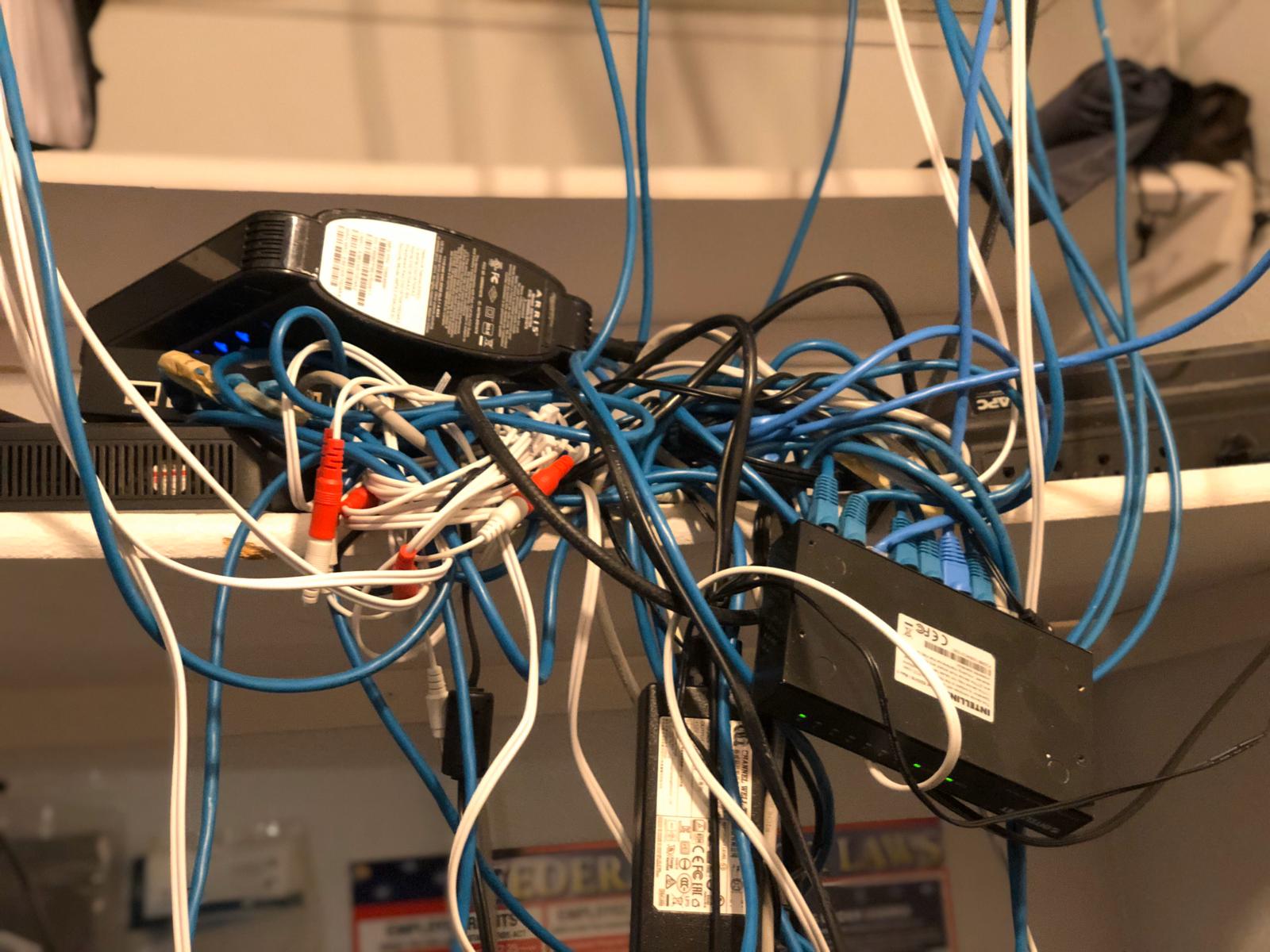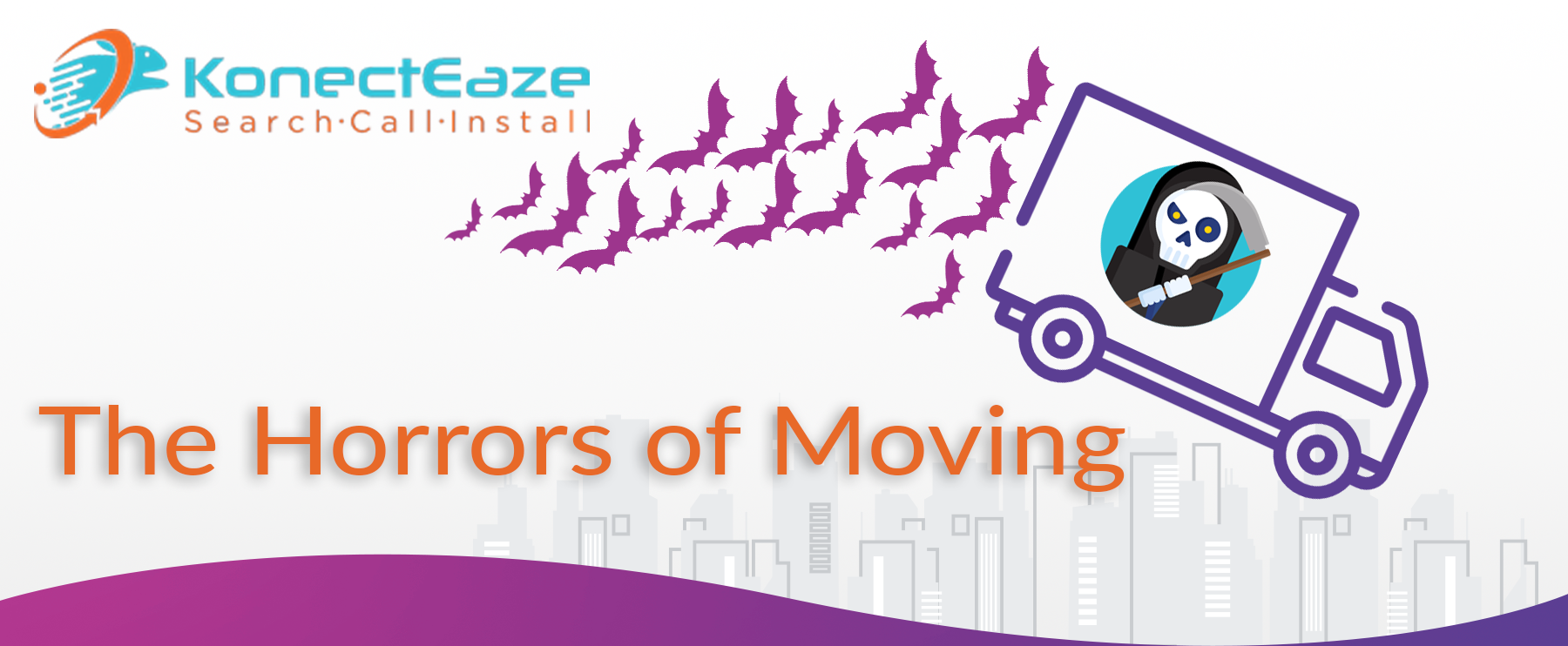The Horrors of Moving
Introduction
Moving can feel like a horror movie, filled with unexpected challenges and frustrations. By learning from others' moving stories, you can avoid some common pitfalls and ensure a smoother transition to your new home.
Common Moving Challenges
1. Furniture Not Fitting Through Doors
One of the most common and frustrating problems during a move is finding out that your furniture won't fit through the door. This issue can occur at both the old and new locations, causing delays and potential damage. To avoid this, measure your furniture and doorways in advance, and consider disassembling larger pieces to make them easier to transport.
2. Personal Injuries
Injuries are a significant risk during a move, especially when handling heavy or awkward items. Common injuries include back strains, muscle injuries, and cuts. To minimize the risk, use proper lifting techniques, wear appropriate clothing and footwear, and enlist the help of friends or professional movers.
3. Damaged Items
Improper packing can easily lead to damaged possessions, particularly fragile items. To prevent this, use high-quality packing materials, label boxes clearly, and consider hiring professional packers for valuable or delicate items.
4. Property Damage
Moving can result in damage to both your old and new homes, such as scratched walls or damaged floors. Protect your property by using furniture sliders, padding, and corner guards. Additionally, plan your move meticulously to avoid rushing, which often leads to accidents.
5. Stress and Fatigue
The stress of moving can take a toll on your physical and mental health. Many people report sleepless nights leading up to the move and even after settling into the new home. To manage stress, create a detailed moving plan, delegate tasks, and take breaks when needed.
Tips for a Smooth Move
1. Create a Moving Checklist
A checklist can help ensure that nothing is overlooked during the move. Include tasks such as canceling old utilities, setting up new ones, and notifying important parties of your change of address.
2. Pack an Essentials Box
Pack a box with essential items such as toiletries, a change of clothes, important documents, and basic kitchen supplies. This box will be invaluable during the first few days in your new home when you might not have everything unpacked yet.
3. Label Boxes Clearly
Labeling boxes with their contents and the room they belong to will make unpacking much easier. It also helps movers know where to place each box, saving you time and effort.
4. Hire Reputable Movers
Research and hire reputable movers to avoid scams and ensure your belongings are handled professionally. Check reviews, ask for recommendations, and verify credentials before making a decision.
5. Prepare for the Unexpected
Even with the best planning, things can go wrong. Prepare for unexpected events by keeping important documents and valuables with you, having a contingency plan, and staying flexible during the move.
Conclusion
Moving doesn't have to be a horror story. By planning ahead, using the right tools, and learning from others' experiences, you can make your move smoother and less stressful.




